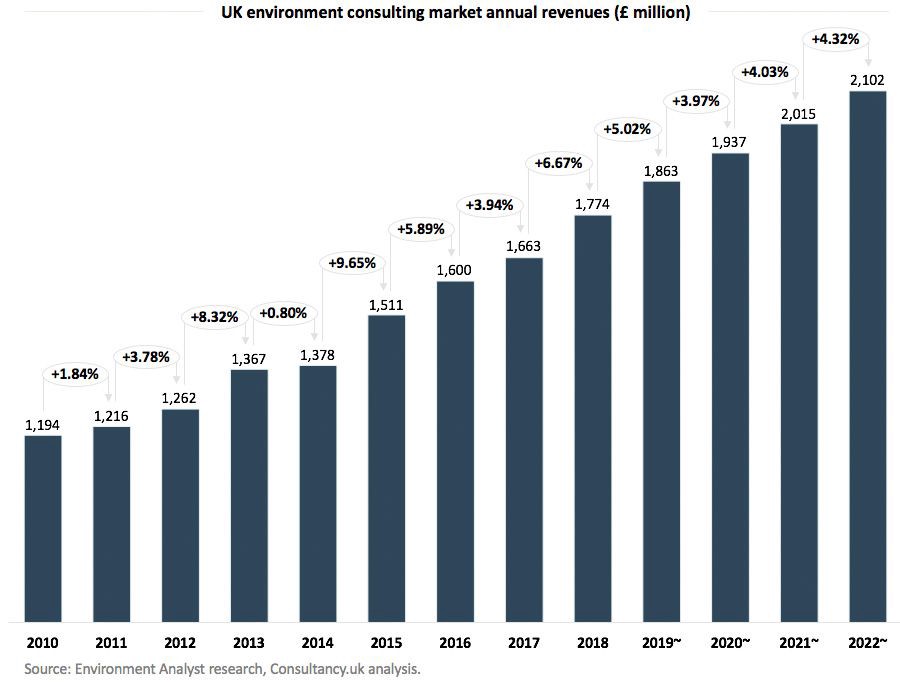
The CFP(r), or financial advisor certificate, can be a great way of starting a rewarding career. This rigorous certification will provide you with the knowledge and skills you need to give comprehensive advice to clients and help them to build a better future. A two-part education program is required to become a Certified Financial Planner(r). You must first earn a bachelor's.
CFP
The Certified Financial Planner (CFP) certification is a professional certification mark for financial advisors. The Certified Financial Planner Board of Standards, the United States, and over 25 other certification bodies worldwide grant it. CFP certification has a high value and is widely accepted by clients and other professionals. Financial planners seeking to give quality advice to clients need this certification.
CFP is a professional designation that requires a bachelor's in finance and three years of work experience. It's also helpful to have had experience as an apprentice or another equivalent. Lastly, the exam is criterion-referenced, meaning you are not graded on a bell curve.

CFP certification requires the holder of this certification to be well-versed in all areas of financial planning. This is because a CFP has to place clients' interests first.
Financial consultant certified
The Chartered financial advisor certificate is a valuable credential that financial professionals can use. It shows the ability to handle complex transactions and demonstrates expertise. These professionals often earn more than their noncertified counterparts and are more appealing to potential employers. The ChFC certificate can even help you get promoted to managerial positions. The American College requires applicants to complete a course in order to earn a ChFC certification. The program usually consists four courses and runs from $599-$5400. Additional supplemental study materials may be purchased for an additional fee.
A variety of financial planning services are available to Chartered financial advisors. These professionals are able to advise both individuals and companies on all aspects regarding investment planning. They offer training in topics such as retirement, tax planning, employee benefits, estate planning, and insurance. They are most successful when clients have a good understanding of investments.
Certified investment management analyst
CIMA certification (Certified Investment Management Analyst, Certified Investment Management Analyst) is an invaluable credential for financial professionals. This certification allows financial professionals to demonstrate their skills to clients and employers. To obtain the certification, you must complete an educational program and pass a comprehensive exam. CIMA certifications are available online or in person.

CIMAs have a special focus on strategic financial management and investment reporting. They bring a wealth of knowledge to their job. They must also meet high standards in ethics and provide references of character. SmartAsset has a matching tool that can help you find the right financial advisor to match your financial needs.
CIMA certification is a way to prove your advanced knowledge in investment risk management and financial management. Two parts of the exam are available: a multiple choice section and an essay section.
FAQ
How is consulting different to freelancing
Freelancers work as independent contractors and offer their services without the assistance of an agency or company. They usually charge an hourly rate based on how much time they spent on a project. Consultants are usually employed by companies or agencies. Consultants are typically paid either monthly or annually.
Because they set their own hours and prices, freelancers are often more flexible than consultants. Consultants, however, often have better benefits such as retirement plans, vacation days, and health insurance.
Do I have to pay tax on consulting income
Yes, you must pay tax on the consultancy profits. The amount you earn depends on your annual income.
If you're self employed, you can deduct expenses beyond your salary.
However, you cannot deduct interest payments from loans, vehicle repairs, or the cost for equipment.
Only 25% of your expenses can be claimed back if you make less than PS10,000 annually.
Even if you earn more than the threshold, you could still be taxed depending upon whether you are classified as a contractor and/or employee.
The tax system for employees is PAYE (pay-as-you earn), while VAT is applied to contractors.
Why should you hire consultants?
There are many reasons why you might need to hire consultants:
-
Perhaps your company has a specific problem or project you need to address
-
You would like to improve your skills or learn new things
-
You want to work with an expert in a particular field
-
No one else is available to take on the task.
-
You feel overwhelmed by all the information and don’t know where to begin.
-
You cannot afford to pay someone fulltime
The best way to find a good consultant is through word of mouth. Ask around to see if you know any good consultants. If you already know someone who works as a consultant, ask him/her for recommendations.
You can use online directories such as LinkedIn to find consultants in your local area.
Can I get a degree as a consultant?
It is best to study a subject well and then practice what you have learned.
Learn how to be a great consultant by studying now!
It may be difficult to get hired if your degree is not accompanied by relevant work experience. If you have demonstrated that you have studied the same subjects as those who received the jobs, then you may still be eligible to apply.
Employers are always looking for people with real-world knowledge.
How do I get clients to my consulting business?
Finding a passion area is the first step. This could be social media or public relations. However, it must be something that you are passionate about. You might have to start small, such as by finding niche markets like web design. Once you have found the niche market, you need to understand why it works. What problems can it solve? What problems can it solve? But most importantly, what can you do to help them?
You could also approach businesses directly. Perhaps they are looking for someone who can help them understand SEO and content creation or just need advice on social media strategy.
If all else fails you can offer your services at free events such as conferences or networking nights. You'll meet many potential customers without spending money on advertising, and you'll be able to show off your skills.
Statistics
- According to statistics from the ONS, the UK has around 300,000 consultants, of which around 63,000 professionals work as management consultants. (consultancy.uk)
- WHY choose me: Why your ideal client should choose you (ex: 10 years of experience and 6-week program has helped over 20 clients boost their sales by an average of 33% in 6 months). (consultingsuccess.com)
- On average, your program increases the sales team's performance by 33%. (consultingsuccess.com)
- Over 62% of consultants were dissatisfied with their former jobs before starting their consulting business. (consultingsuccess.com)
- Over 50% of consultants get their first consulting client through a referral from their network. (consultingsuccess.com)
External Links
How To
How To Start A Consultancy Company, And What Should I Do First?
Start a Consulting Company to make some extra money from home. No prior business experience is required. You can start your own consulting firm by building a website. Once you've built a website, you'll want to use social media platforms such as Facebook, Twitter, LinkedIn, Instagram, Pinterest, YouTube, etc... to get the word out about your services.
You can use these tools to put together a plan for marketing that includes:
-
Content creation (blogs).
-
Building relationships (contacts)
-
Generating leads (lead generation forms).
-
Selling products online
After you have developed your marketing strategy, it's time to find clients willing to pay for your services. While some people prefer to attend networking events and groups, others prefer online methods like Craigslist, Wikijiji, or Kijiji. The choice is up to you.
After you have found new clients, it's important to discuss terms and payment options. This could include hourly fees, retainer agreements, flat fee contracts, etc. It's important to know what you expect before accepting a client so you can communicate clearly throughout the process.
Hourly agreements are the most commonly used contract type for consultancy service. This agreement allows you to agree to provide services at a fixed price each week or month. You may be able negotiate discounts depending on what service you offer. Make sure you understand what you are signing when you accept a contract.
The next step is to create invoices and send them to your clients. Invoicing is one thing that looks simple until it's actually done. There are many ways to invoice clients. It all depends on your preference. For example, some people prefer to have their invoices emailed directly to their clients, while others print hard copies and mail them. No matter what method you use, ensure it works for your business!
Once you have created invoices, it is time to collect the payments. Most people prefer PayPal because it is easy to use and offers various payment options. You can also use Square Cash, Square Cash (Google Wallet), Square Cash, Square Cash, Apple Pay and Venmo as payment processors.
Once you are ready for payments to begin, you will need to open bank accounts. You can track income and expenses separately by having separate savings and checking accounts. Setting up automatic transfers into your bank account is also helpful when paying bills.
It may seem overwhelming to start a consultancy, but once it is done correctly, it becomes second-nature. This blog post will provide more information about starting your own consultancy business.
Starting a consulting firm is a great way to earn extra cash without worrying about employees. Many consultants work remotely, which means they don't have to deal with office politics or long hours in the office. Because you don't have to work a set number of hours per week, you can be more flexible than a traditional employee.